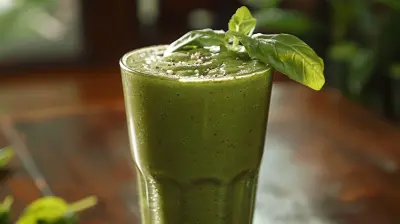Why Cold-Pressed Oils Are Better for You Than Refined Ones
12 September 2025
Let’s talk about something most of us use every single day—oil. It’s in your salad dressings, your stir-fry, even your homemade skincare products. Yet, very few of us stop to ask: what kind of oil am I using? Is it actually doing my body any good?
If you've ever strolled down a grocery store aisle faced with dozens of cooking oil options, you’ve probably seen the words “cold-pressed” and “refined” staring back at you. But let me tell you this upfront—when it comes to choosing an oil that's actually good for your health, cold-pressed oils are the real winners.
In this post, I’ll break down exactly why cold-pressed oils are better for you than refined ones. We’re going to explore the differences in how they’re made, how they impact your health, and why it’s time to make the switch, once and for all.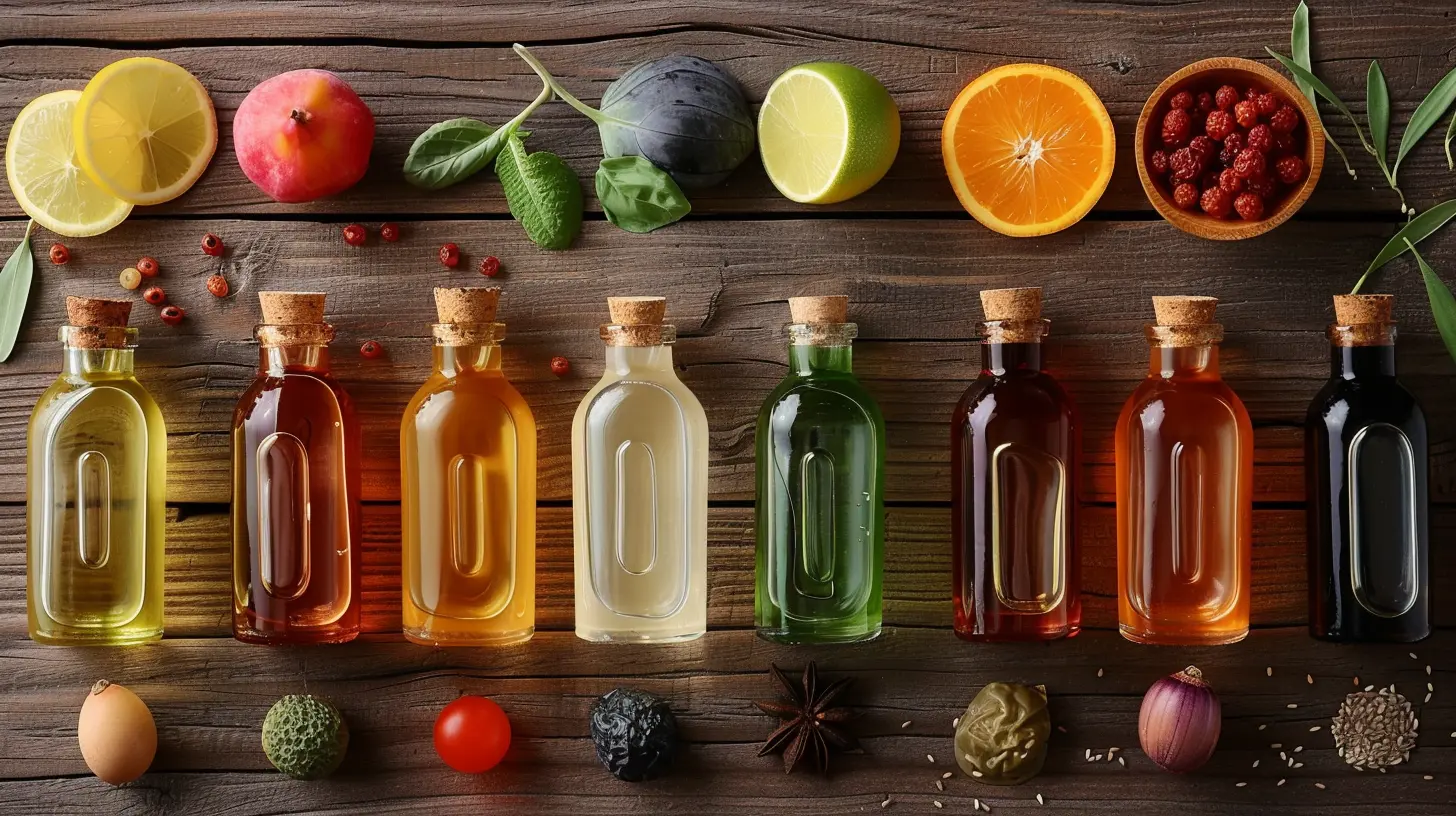
What’s the Deal With Cold-Pressed Oils?
Alright, let’s start with the basics. What does “cold-pressed” even mean?Cold-pressed oils are made by mechanically pressing seeds, nuts, or fruits—like olives or coconuts—without using any heat or chemicals. Think of it like squeezing fresh orange juice. You’re getting the oil out in the gentlest, most natural way possible.
Because there’s no high heat, the oil retains all those delicate nutrients, enzymes, antioxidants, and healthy fats. It's like nature's version of liquid gold!
Some popular cold-pressed oils include:
- Cold-pressed olive oil
- Cold-pressed coconut oil
- Cold-pressed sesame oil
- Cold-pressed flaxseed oil
- Cold-pressed sunflower oil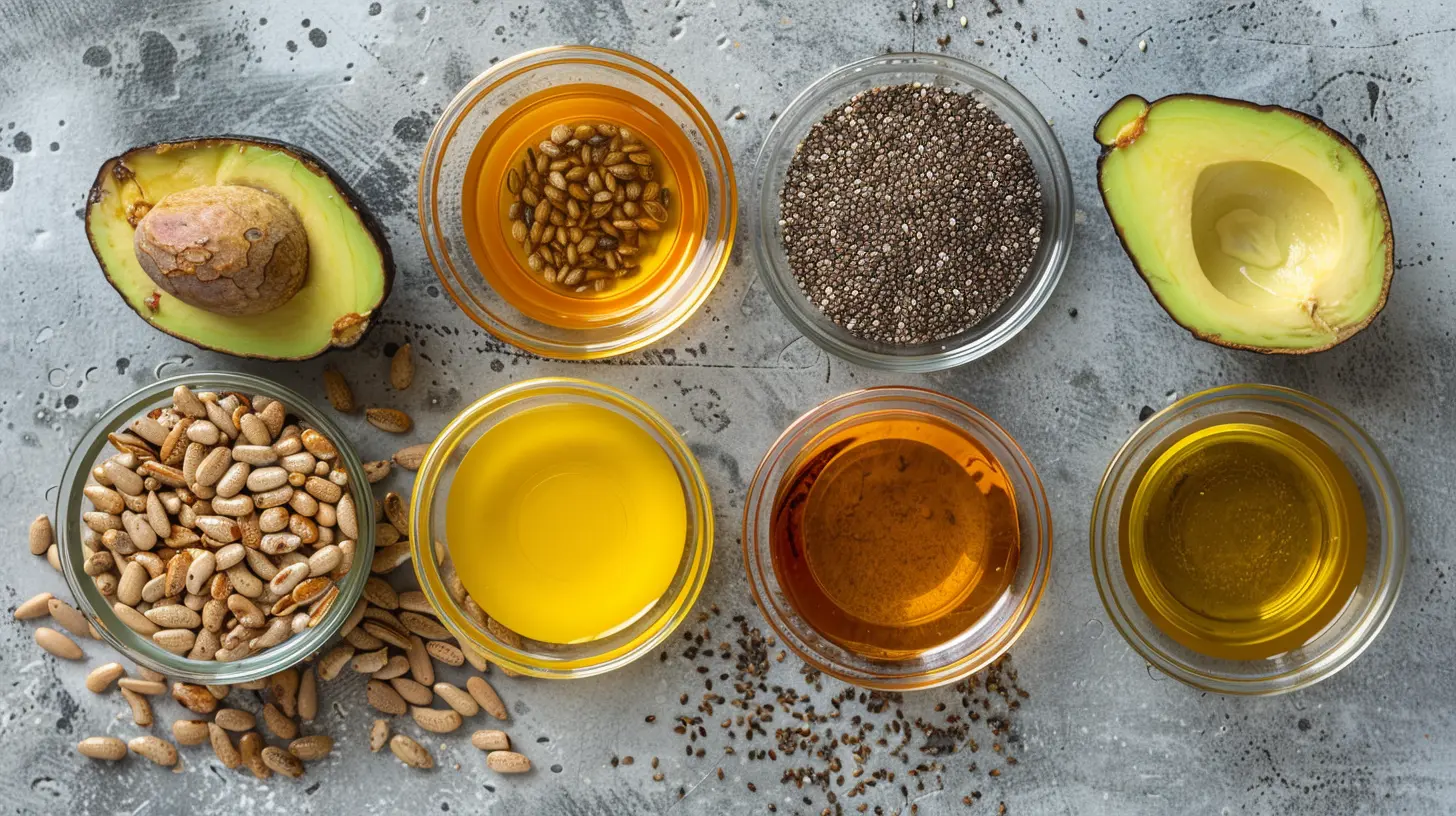
What About Refined Oils?
Now, let’s talk about their not-so-clean cousin—refined oils.Refined oils go through heavy processing. We're talking high heat, bleaching, deodorizing, and a whole science lab of chemicals. Manufacturers do this to make the oil look purer, smell neutral, and last longer on the shelf. Sounds okay, right?
Well, not really.
In the process, most of the natural nutrients are completely destroyed. What’s left behind is stripped-down oil that may look good on the outside but is nutritionally bankrupt. It’s like eating a donut and calling it a vegetable—looks don’t always tell the full story.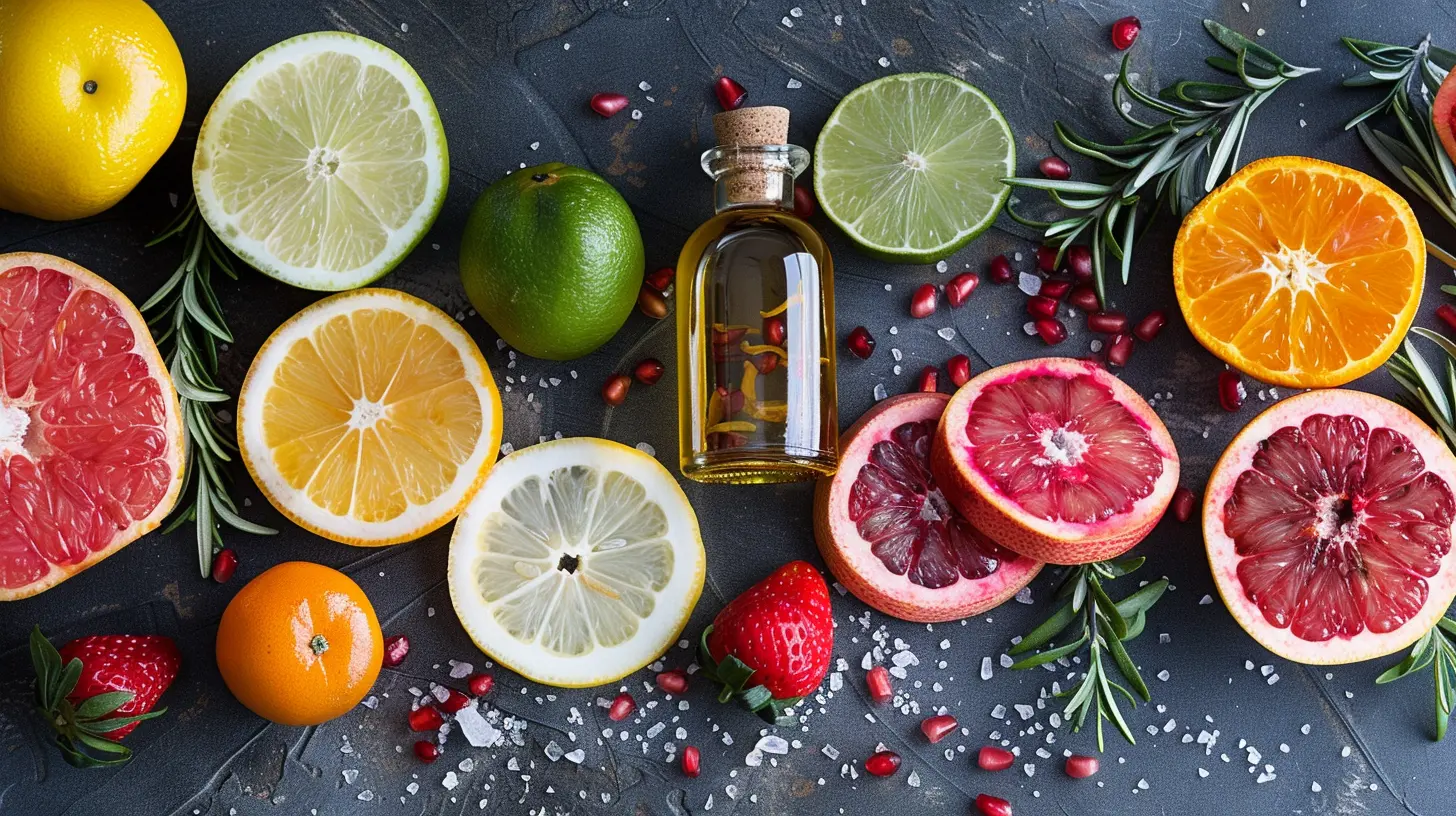
Cold-Pressed Oils vs. Refined Oils: A Side-by-Side Comparison
Let’s put them head-to-head to really see the difference:| Feature | Cold-Pressed Oils | Refined Oils |
|--------|------------------|---------------|
| Processing Method | Mechanical pressing, no heat | High heat, chemical solvents |
| Nutritional Value | High (vitamins, antioxidants, phytonutrients) | Low (many nutrients destroyed) |
| Smell & Flavor | Natural, rich, robust | Neutral, odorless or bland |
| Shelf Life | Shorter, fresher | Longer, but often due to additives |
| Color | Rich, golden, or natural hue | Very light or clear |
| Health Impact | Supports well-being and disease prevention | May increase inflammation and risks over time |
So the question becomes: Do you want oil that supports your health or just one that sits nicely on your kitchen shelf?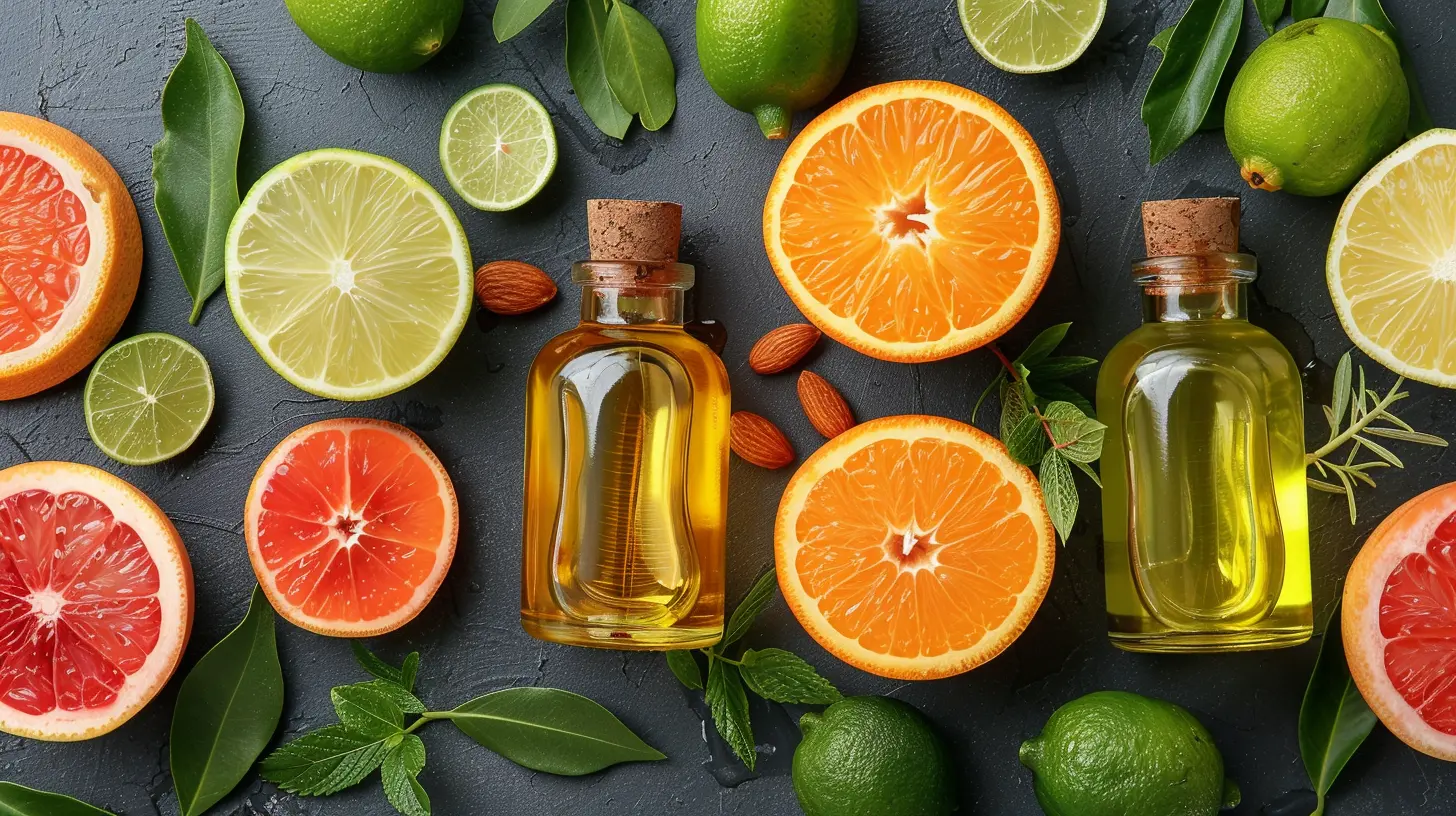
Let’s Talk Health: What Makes Cold-Pressed Oils So Much Better?
1. Packed With Antioxidants
Ever heard of vitamin E, polyphenols, or carotenoids? These powerful antioxidants are abundant in cold-pressed oils. They help fight off free radicals—those nasty little guys that damage your cells and speed up aging. It’s like having a built-in defense team in your cooking oil!2. Healthy Fats—The Good Kind
Cold-pressed oils are rich in monounsaturated and polyunsaturated fats. These are the heart-friendly fats that help:- Lower bad cholesterol (LDL)
- Increase good cholesterol (HDL)
- Promote brain and skin health
- Keep your joints flexible
Want to protect your heart? Switch to cold-pressed.
3. Anti-Inflammatory Properties
Our bodies are constantly under stress from pollution, junk food, and even daily worries. That stress often causes inflammation, which is at the root of diseases like arthritis, diabetes, and even cancer.Cold-pressed oils, especially ones like flaxseed and olive oil, are naturally anti-inflammatory. They calm your system down from the inside out. It’s like giving your body a well-deserved spa day.
4. No Hidden Chemicals
Refined oils are often treated with solvents like hexane (yes, that’s a toxic chemical). Plus, they’re bleached and deodorized to make them “pretty.” But who wants to eat chemicals?With cold-pressed oils, what you see is what you get. No hidden additives. No fake ingredients. Just pure, unadulterated oil.
How Cold-Pressed Oils Impact Everyday Health
Skin Health
Ever try using cold-pressed coconut oil on your skin? It’s heaven. These oils aren’t just for cooking—they’re incredible for moisturizing, healing wounds, and even as part of your beauty routine.Because they still have their natural antioxidants and nutrients, cold-pressed oils actually nourish your skin instead of just coating it.
Digestion & Metabolism
Oils like cold-pressed sesame or flaxseed can improve gut health by easing digestion and promoting regularity. They even support better absorption of fat-soluble vitamins like A, D, E, and K.Hormonal Balance
Fats help regulate hormone production. When those fats are clean and natural—as in cold-pressed oils—they support your body in maintaining hormonal harmony. It’s especially helpful for women dealing with hormonal swings in different life stages.A Word on Cooking With Cold-Pressed Oils
Now, here's a quick heads-up. Not all cold-pressed oils are ideal for high-heat cooking. Some have low smoke points, meaning they can break down when heated too much.So, here's how you can use them wisely:
- Use cold-pressed olive oil or avocado oil for light sautéing or drizzling over salads.
- Use flaxseed or walnut oil in dressings or smoothies (don’t cook them).
- Use cold-pressed coconut oil for medium-heat cooking or baking.
By matching the right oil with the right cooking method, you’ll keep the nutrients intact and your food delicious.
Are There Any Downsides to Cold-Pressed Oils?
Let’s be real—nothing in the world is perfect. Cold-pressed oils do come with a few considerations:- Price: They're generally more expensive. But think of it as an investment in your long-term health.
- Shelf Life: Because they’re unrefined, they're more sensitive to light and heat. Store them in dark glass bottles, in cool places.
- Flavor: They have strong, sometimes nutty or earthy flavors. It might take a little getting used to if you've always used neutral refined oils.
But once you make the switch, your taste buds and your body will thank you.
How to Choose the Right Cold-Pressed Oil
Not all cold-pressed oils are created equal. Keep these tips in mind:- Check the label: Look for words like “cold-pressed,” “unrefined,” “extra virgin,” or “first press.”
- Dark bottles are best: Light breaks down the oil faster, so brands that use dark glass show they care about quality.
- Go organic if you can: Fewer pesticides = better for your body.
Bottom Line: Time to Ditch the Refined and Embrace the Real
Refined oils may be convenient, but they come at a cost—your health. Cold-pressed oils, on the other hand, are full of life, flavor, and real nutritional value. They’re closer to nature, closer to how our ancestors ate, and definitely closer to what our bodies truly need.So next time you reach for a bottle of oil, pause for a second. Ask yourself: am I choosing health or just habit?
Go ahead—make the switch. Your heart, skin, gut, and taste buds will all high-five you for it.
all images in this post were generated using AI tools
Category:
Healthy FatsAuthor:

Sophia Wyatt
Discussion
rate this article
1 comments
Pearl Maddox
Great insights on health benefits!
September 24, 2025 at 2:59 AM

Sophia Wyatt
Thank you! I'm glad you found the insights valuable!
